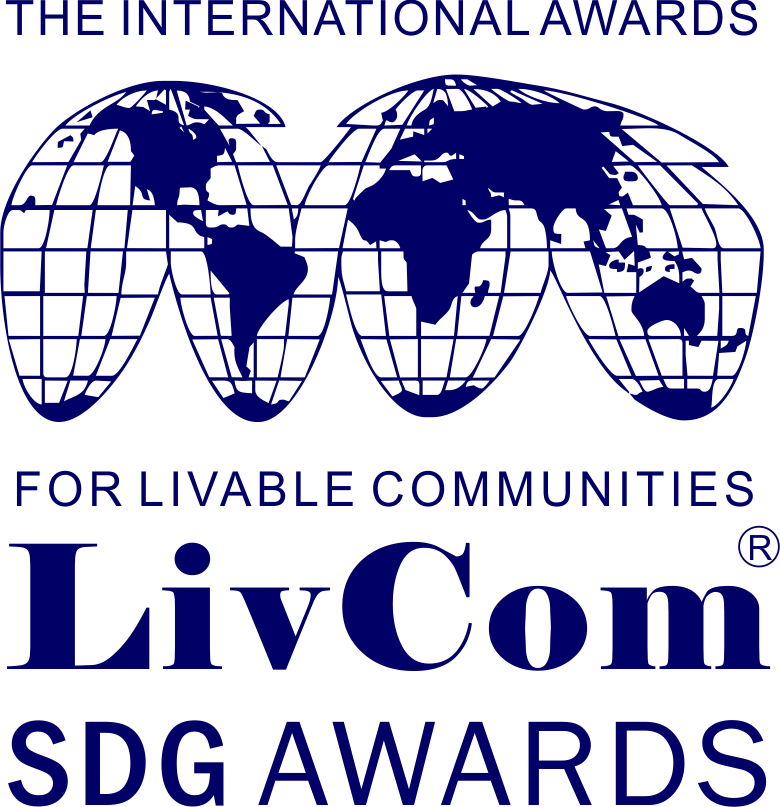
Posted in News, Publications on Aug 01, 2023.

In June 2023 the BRIDGES Coalition began scoping humanities-led sustainability science projects from different regions around the world that address the realities of vulnerable communities and regional territories impacted by social and environmental pressures.
Drawing on the networks of the coalition’s member organisations and founding partners (UNESCO, CIPSH and Humanities for the Environment), this effort has been undertaken to provide a proof of concept for a signature project now being designed by BRIDGES to make community-anchored and humanities-driven sustainability science, education and action more visible and accessible to the wider scientific community, as well as actionable to policymakers and society more generally.
The result of these preliminary efforts has been the production of a brochure (August 2023) that offers an indicative overview of humanities-led sustainability science projects that actively address challenges increasingly associated with climate change, biodiversity loss, and the pollution and warming of marine, terrestrial and atmospheric systems.
The UNESCO-MOST BRIDGES Coalition is now approaching potential donors to support a three-year project intended to enable a more comprehensive mapping of humanities-led, community-driven sustainability science, education and action. The ambition is to produce two reports in that period focused on (1) transdisciplinary knowledge production and (2) application of convergent knowledge in educational and learning contexts to enable wider adaptation and scaling for greater impact in meeting the challenge of the UN 2030 Agenda.
The project will produce significant analysis and discussion of how humanities-led sustainability science can be made more accessible and useful to policymakers and societies at a wide range of scales, from the local to the international and intergovernmental, as well as recommendations and guidelines for wider implementation for global impact.
\The leadership and founding partners of BRIDGES wish to thank all those institutes and organisations that contributed to this pilot scoping effort, and look forward to expanding considerably on this mapping and impact work in the coming 2-3 year period.